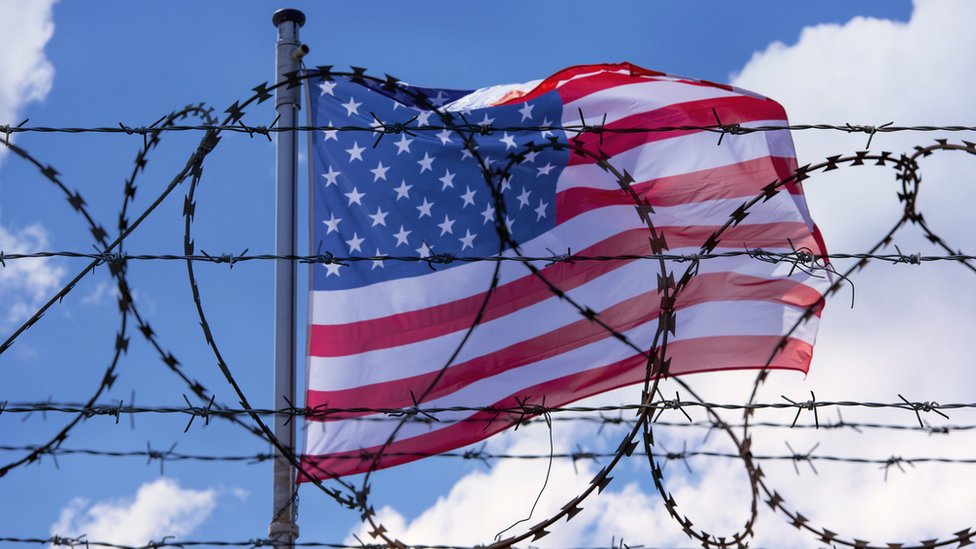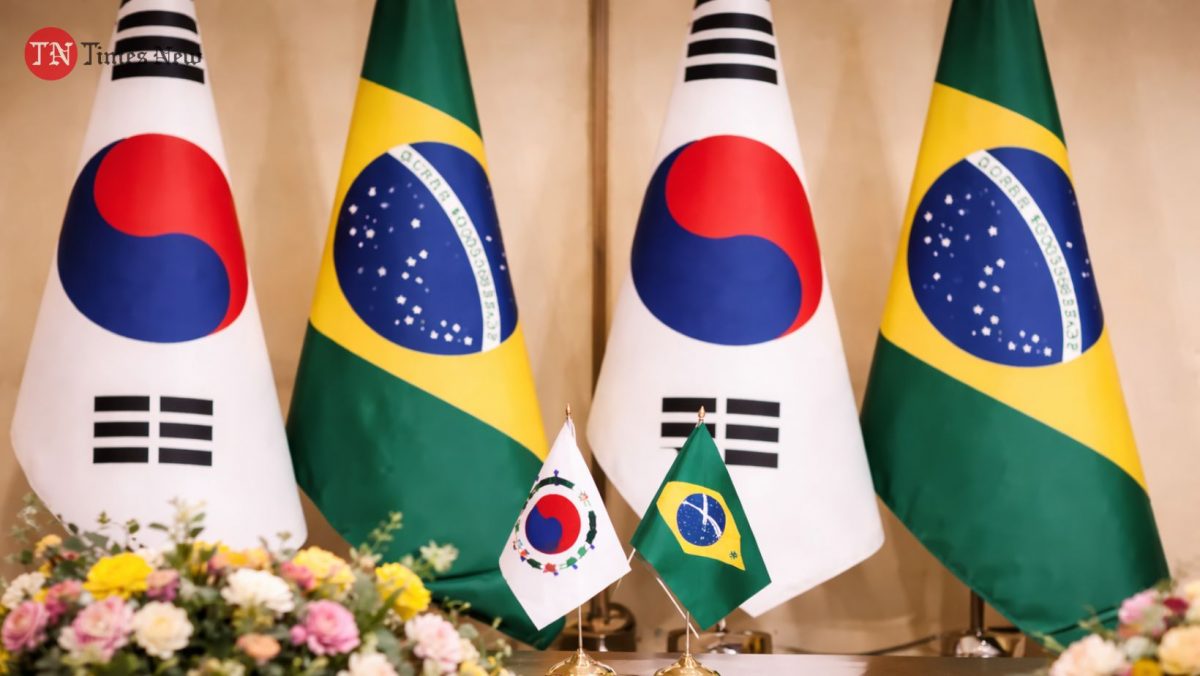
Between 2017 and 2021, the Trump administration separated over 3,900 children from their parents along the US-Mexico border as part of a “zero-tolerance” policy aimed at discouraging migrants from crossing into the US. The children, mainly from Guatemala, Honduras, and El Salvador, were placed in government custody while their parents were prosecuted and deported.
Many of the children spent days in detention centres, where some were crowded into metal cages without adequate food and showers. Hundreds of children waited for years before being reunited with their immediate families, and some are still waiting for reunification even after five years since the policy was announced. President Joe Biden rescinded the policy and established the Family Reunification Task Force to reunite families.
As of March 2023, the US government has reunited 2,969 children with their families in the US, and parents who were deported are allowed to remain in the country for three years.
Activists claim that the Trump administration did not maintain proper databases or records that could link parents’ information to their children, resulting in a difficult situation for the Biden administration. Non-profit groups in the US and other countries have been trying to help locate migrant families with limited information, often with the help of human rights workers who search for parents in remote Central American villages, using outdated phone numbers.
These efforts have been resource-intensive and difficult, especially during the Covid pandemic. The American Civil Liberties Union and several other organisations are leading efforts to help contact families, and they rely on people like Rebeca Sanchez Ralda, a human rights worker and lawyer from Guatemala City associated with Justice In Motion, for on-the-ground support.
Non-profit organizations have raised concerns that more needs to be done to help families recover from the trauma of separation. Some parents who had to leave their children in the US have attempted suicide out of guilt and confusion about why their children were taken away, according to Cathleen Caron, the founder of Justice in Motion. The children, she said, have been deeply traumatized, experiencing bedwetting, nightmares, and even losing their ability to speak their indigenous languages or eat their traditional food. Advocates have called for more financial and legal support from the US government to help families recover once they’ve been reunited, as many lack consistent housing.
The Biden administration had been negotiating with families to pay them up to $1bn in compensation for the separations, but discussions reportedly broke down after backlash from Republicans. Furthermore, their three-year parole status in the US leaves them in a precarious situation, as they may face deportation or the possibility of another family separation.
Picture Courtesy: Google/images are subject to copyright









